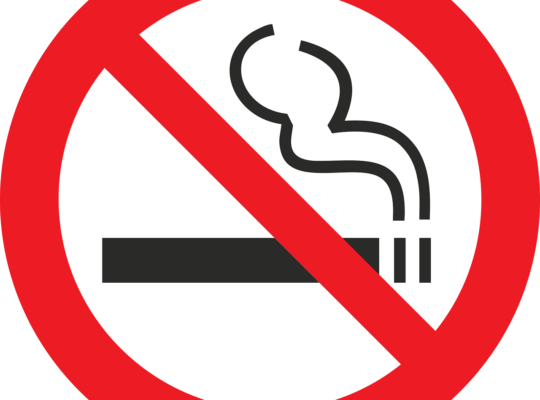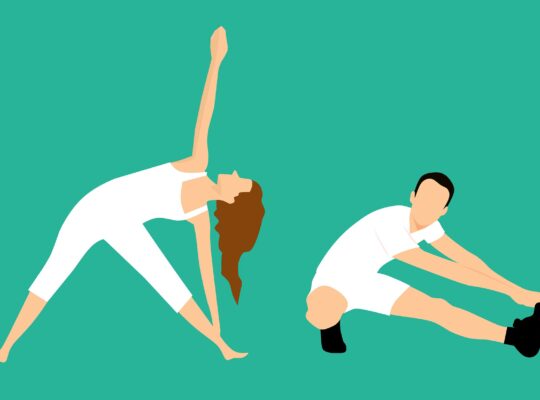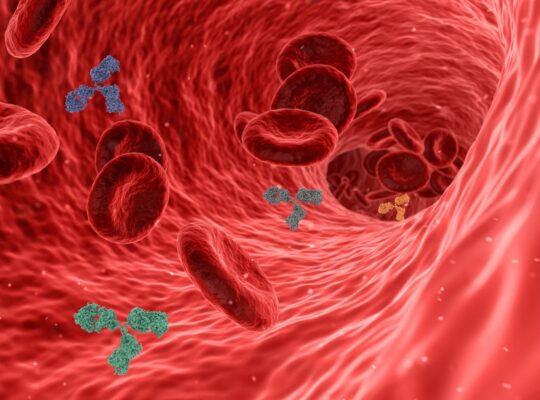
In today’s fast-paced world, stress has become an almost inevitable part of life. From demanding jobs and financial pressures to the constant buzz of technology, stressors surround us. Chronic stress not only affects mental well-being but also contributes to serious physical health issues such as heart disease, high blood pressure, and weakened immunity. The good news? Effective stress management can improve your overall quality of life. This blog explores practical techniques to manage stress and regain balance.
The Impact of Stress on Health
Stress triggers the release of hormones like cortisol and adrenaline, preparing the body for a “fight-or-flight” response. While this is helpful in short-term situations, prolonged stress can harm the body and mind.
Effects of Chronic Stress:
- Physical Health Issues: Increased risk of heart disease, digestive problems, and insomnia.
- Mental Health Problems: Anxiety, depression, and burnout.
- Weakened Immunity: Chronic stress suppresses the immune system, making you more susceptible to illnesses.
- Behavioral Changes: Overeating, substance abuse, or withdrawal from social interactions.
Identifying Common Stressors
- Work-Related Stress: Deadlines, long hours, and job insecurity.
- Personal Relationships: Conflicts, caregiving responsibilities, and family pressures.
- Financial Worries: Debt, budgeting challenges, or unexpected expenses.
- Technology Overload: Constant notifications and the pressure to stay connected.
Effective Stress Management Techniques
1. Practice Mindfulness and Relaxation
Mindfulness involves focusing on the present moment without judgment, which helps reduce stress and improve mental clarity.
- Techniques:
- Meditation: Spend 10 minutes focusing on your breath or a mantra.
- Deep Breathing: Practice diaphragmatic breathing to calm your nervous system.
- Progressive Muscle Relaxation: Tense and release each muscle group to release physical tension.
2. Engage in Regular Exercise
Physical activity releases endorphins, the body’s natural stress-relievers.
- Best Activities:
- Cardio exercises like running or swimming.
- Yoga and Pilates to combine movement with relaxation.
- Outdoor walks to benefit from nature’s calming effect.
3. Prioritize Time Management
Feeling overwhelmed often stems from poor time management.
- Tips:
- Break large tasks into smaller, manageable steps.
- Use tools like planners or apps to organize your schedule.
- Learn to say no to non-essential commitments.
4. Build a Support Network
Talking to someone you trust can ease stress and provide new perspectives.
- Ways to Connect:
- Reach out to friends or family.
- Join support groups or community activities.
- Seek professional counseling if needed.
5. Make Lifestyle Changes
- Healthy Eating: Avoid excessive caffeine and sugar, which can exacerbate stress.
- Quality Sleep: Aim for 7–8 hours of restful sleep to recharge your body and mind.
- Limit Screen Time: Unplug from technology at least an hour before bed.
Stress-Reducing Activities to Try
- Creative Outlets: Painting, journaling, or playing music can be therapeutic.
- Laughter Therapy: Watching a funny show or spending time with humorous friends.
- Gardening: Connecting with nature can ground you and reduce anxiety.
- Volunteering: Helping others can shift focus from stressors and boost self-esteem.
When to Seek Help
Sometimes, stress can become overwhelming and require professional intervention.
- Signs You Need Help:
- Persistent anxiety or depression.
- Difficulty sleeping for weeks.
- Using alcohol or drugs to cope.
- Feeling hopeless or withdrawn.
- Professional Resources:
- Therapists or counselors for cognitive-behavioral therapy (CBT).
- Stress management workshops or online courses.
- Medication prescribed by a healthcare professional if necessary.
Conclusion
Managing stress in a fast-paced world requires a combination of proactive habits and self-awareness. Whether through mindfulness, exercise, or seeking support, small daily actions can significantly reduce stress levels and improve your overall well-being. Remember, stress is a part of life, but how you respond to it makes all the difference. Start today by choosing one stress-relieving activity and commit to it—it could change your life







